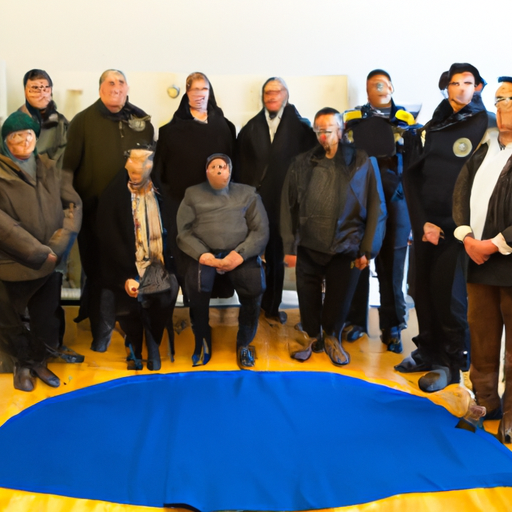Opioid Crisis in Canada: First Nations & Inuit Policing Program
Understanding the Crisis and Efforts to Fight Back
In a recent article published by APTN News, the strengthening of the relationship between the Royal Canadian Mounted Police (RCMP) and the First Nations and Inuit communities, especially in the face of the opioid crisis, was rightly explored.
Understanding the Opioid Crisis
The growing opioid crisis in Canada is a significant public health issue. Opioids such as fentanyl, oxycodone, and hydromorphone are powerful drugs used to relieve pain. However, the misuse of these drugs, whether through a prescription or illegally, has led to an alarming rise in opioid-related deaths and harm. These impacts disproportionately affect certain groups, including First Nations and Inuit populations.
How has the Crisis Affected First Nations and Inuit Populations?
As outlined in the APTN News article, First Nations and Inuit populations face unique challenges in the opioid crisis. In particular, there has been an alarming increase in opioid-related deaths, homelessness, and crime within these communities. The crisis is further complicated by stigmas surrounding drug use, as well as the ongoing impacts of colonization and historical trauma.
How Is the Crisis Being Addressed?
The Role of First Nations and Inuit Policing Program
The First Nations and Inuit Policing Program (FNIPP), a partnership between Public Safety Canada, the provinces/territories and First Nations and Inuit communities, aims to ensure safety in these communities. As discussed in the article, the FNIPP emphasizes community involvement in developing and implementing policing services that are culturally appropriate.
Increased Funding and Reinforced Partnership with RCMP
Various actions have been initiated to combat the opioid crisis within these communities. A significant one includes the recent reinforcement of the partnership between FNIPP and RCMP. This involves an increase in resources, including a $291.2 million investment over five years to support policing services in First Nation and Inuit communities.
Targeted Initiatives
In addition to partnerships and funding, several targeted initiatives are taking place, including:
- Establishing opioid class action lawsuits
- Increasing availability and access to Naloxone, a medication used to block the effects of opioids
- Promoting anti-stigma campaigns and mental-health initiatives
- Encouraging involvement and consultation with community members in efforts to battle the crisis
Conclusion
To summarize, the opioid crisis, which is resulting in heightened levels of crime, homelessness, and opioid-related deaths, poses a significant threat to the wellbeing of the First Nations and Inuit communities in Canada. Thankfully, steps are being taken to address this crisis. Through the efforts of the FNIPP, the reinforced partnership with the RCMP, and targeted initiatives, significant strides are being made towards curbing the effects of the opioid crisis on these communities.
It remains imperative, however, to continue these efforts and, importantly, keep the conversation going. Therefore, I encourage you to spread awareness, fight against stigma, and support local initiatives aimed at tackling the opioid crisis within our communities. Together, we can make a difference.
Stay tuned to this space for future updates and discussions on the opioid crisis in Canada.


